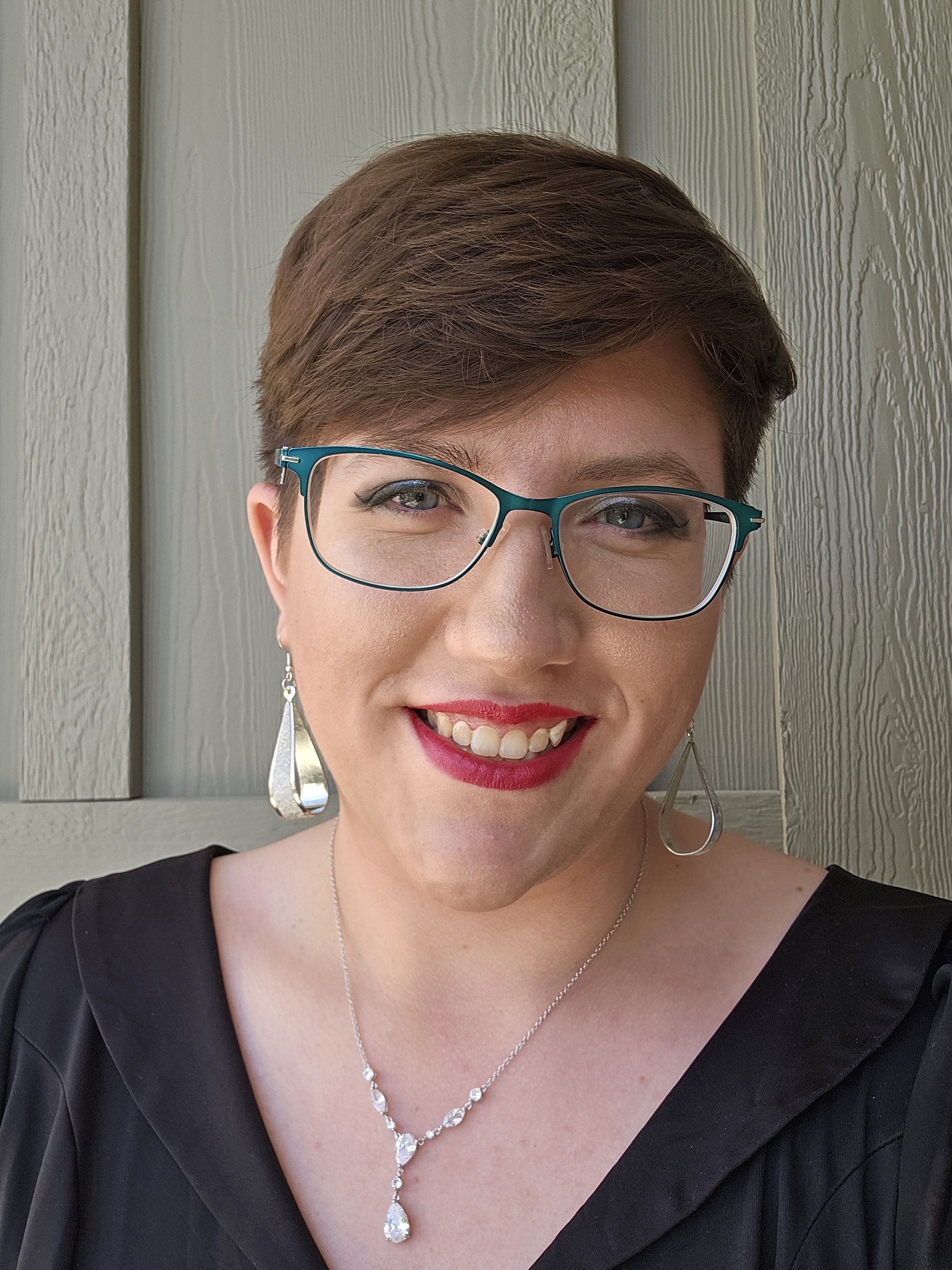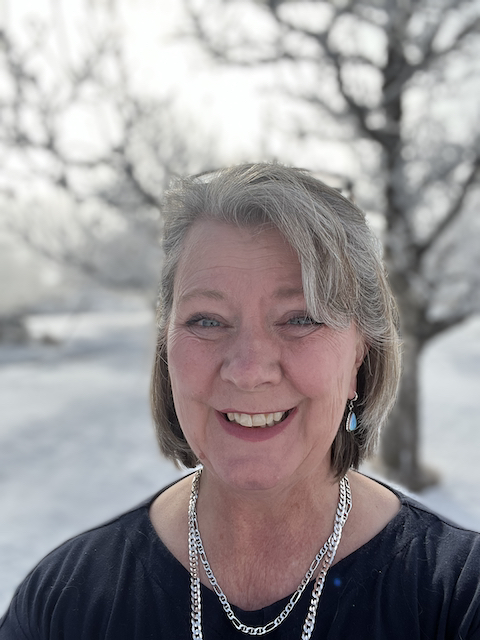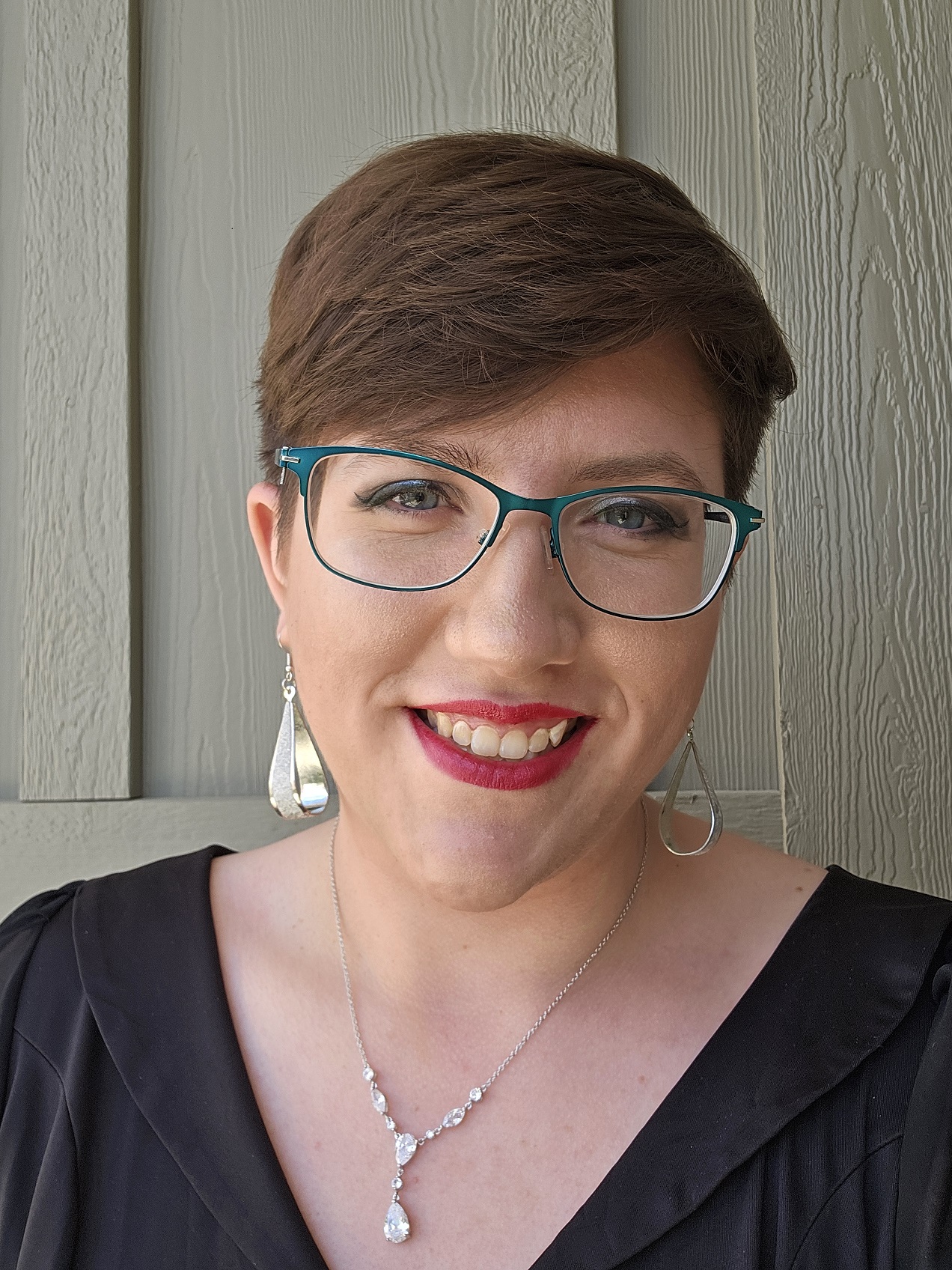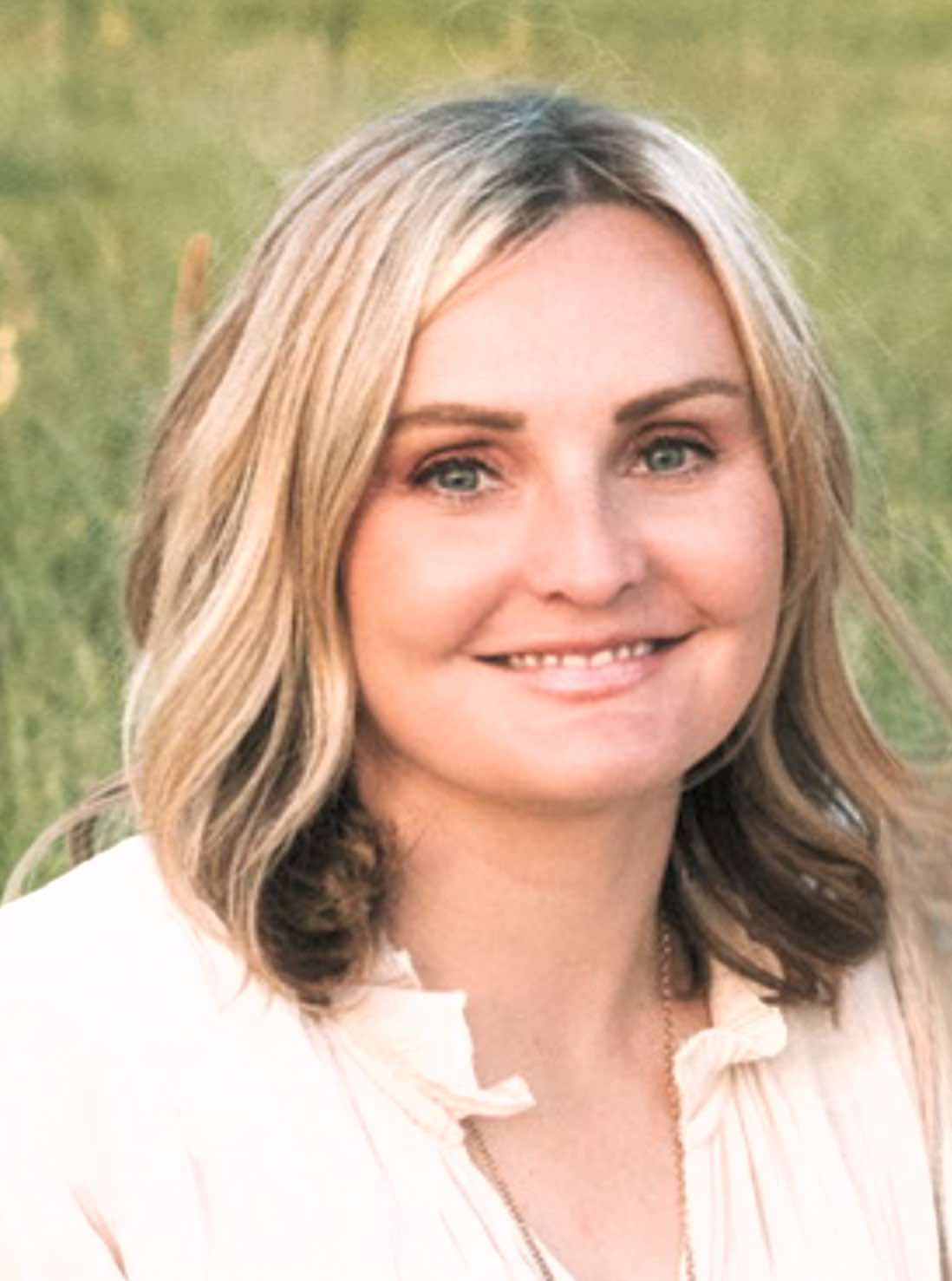Over the last few years, I’ve experienced a creative block in an unexpected place: my life.
Can you get a creative block in life?
Writer’s block is something I’m all too familiar with. Either I’d spend hours staring at a blank page, or I’d type and delete paragraphs in an attempt to figure out where the story was supposed to go, despite having a detailed outline. Other times, I’d already finished entire drafts of the same story and nothing had changed up to that point, so I really knew where it was supposed to go. Despite believing my story should be working, I couldn’t get it to budge.
Fun fact about me: I’m extremely stubborn. When I think a problem has a reason and a solution, I will figure them out. I don’t just want to trudge through the situation and get past it. I want to understand why it’s happening, and I want the experience to be smoother the next time around, thanks to what I’ve learned.
That said, I didn’t conquer my writer’s block until I figured out how to break through the creative block as it applies to life.
There are times in life when I feel stuck. Maybe I have goals and a plan, but everything suddenly feels wrong anyway. I feel paralyzed and unable to move forward with anything. I struggle to decide what steps to take next, whether it’s about a job, school, parenting, or my writing career. Nothing makes sense, and I can’t understand why.
Over the last couple of years, I have taken this uncertainty to God. With His help, I’ve worked through why I was experiencing this form of creative block, and since then, I’ve found that the process that got me through it helps me with other creative blocks as well. I’ll walk you through my process here.
1. I examine what I believe to be true.
The first thing I do is identify misconceptions about where I am. In list form, I write statements that highlight my beliefs about reality. Seeing the list in front of me helps me think through the process and feel out what’s not quite right.
Here’s an example of a list I might make when trying to figure out what’s holding me back from moving forward in life:
- I’m going to try to traditionally publish my novel.
- I’m going to attend a family ward instead of a young single adult ward.
- I’m going to wake up early to write and work out before work every day.
- I’m going to drive my sister to work and pick her up every day, even though it may interfere with my work schedule.
- I need to look for a new job.
As I go over the list, I pay close attention to how I feel emotionally and spiritually. When I land on a statement that needs reconsideration, it feels as if I have struck a nerve. Whether it’s anxiety or a spiritual sense that something is wrong, it’s clear to me which “truth” is not fully true.
2. I write why I believe this statement is true.
Usually, the problem is not that the statement is fully false. Say the troublesome statement is, “I need to look for a new job.” Maybe I don’t actually “need” to do that. The problem might lie in my approach to that belief. To discover what the deeper issue is, I start listing out other mindsets and beliefs related to that statement, such as:
- I need a new job in the next month.
- I want a job in retail or event management.
- I have to make at least $18/hour and get benefits.
- I don’t want to work on Sundays.
- I’m looking on Indeed.
There’s often more than one perspective I need to reevaluate, so I don’t stop listing them until I feel I’ve spiritually considered everything that’s relevant.
3. I consider alternatives to those statements.
Each statement that feels significant gets its own bulleted list. As I brainstorm changes I could make to those mindsets or goals, eventually one or more options will feel right. Maybe it’s that I don’t need to rush to find a job. Or maybe I need to consider a career change. Maybe I’m undervaluing my time. Maybe I need to explore other platforms or reach out to my network. I consider multiple possibilities for each statement, and they often require more than one change.
By the end of this process, I usually start to feel excited again. Things are beginning to make sense, even if the necessary changes aren’t what I’d hoped for. Since learning to apply this process to my creative block in life, I’ve also successfully used it to overcome writer’s block and other challenges. Once I begin implementing these changes, everything starts to flow in new ways.
Creativity is one of the most divine traits we can access, and so I recognize obstacles as evidence of dissonance between my human limitations and an omniscient, all-powerful Father in Heaven. Being stuck doesn’t mean I’m failing. It only means I have more to learn and new ways to collaborate with the Divine. This process has provided me with so much clarity in moments of frustration. I would love to hear from you if you try it and find that it helps you achieve your own breakthroughs, no matter what types of blocks you encounter!









